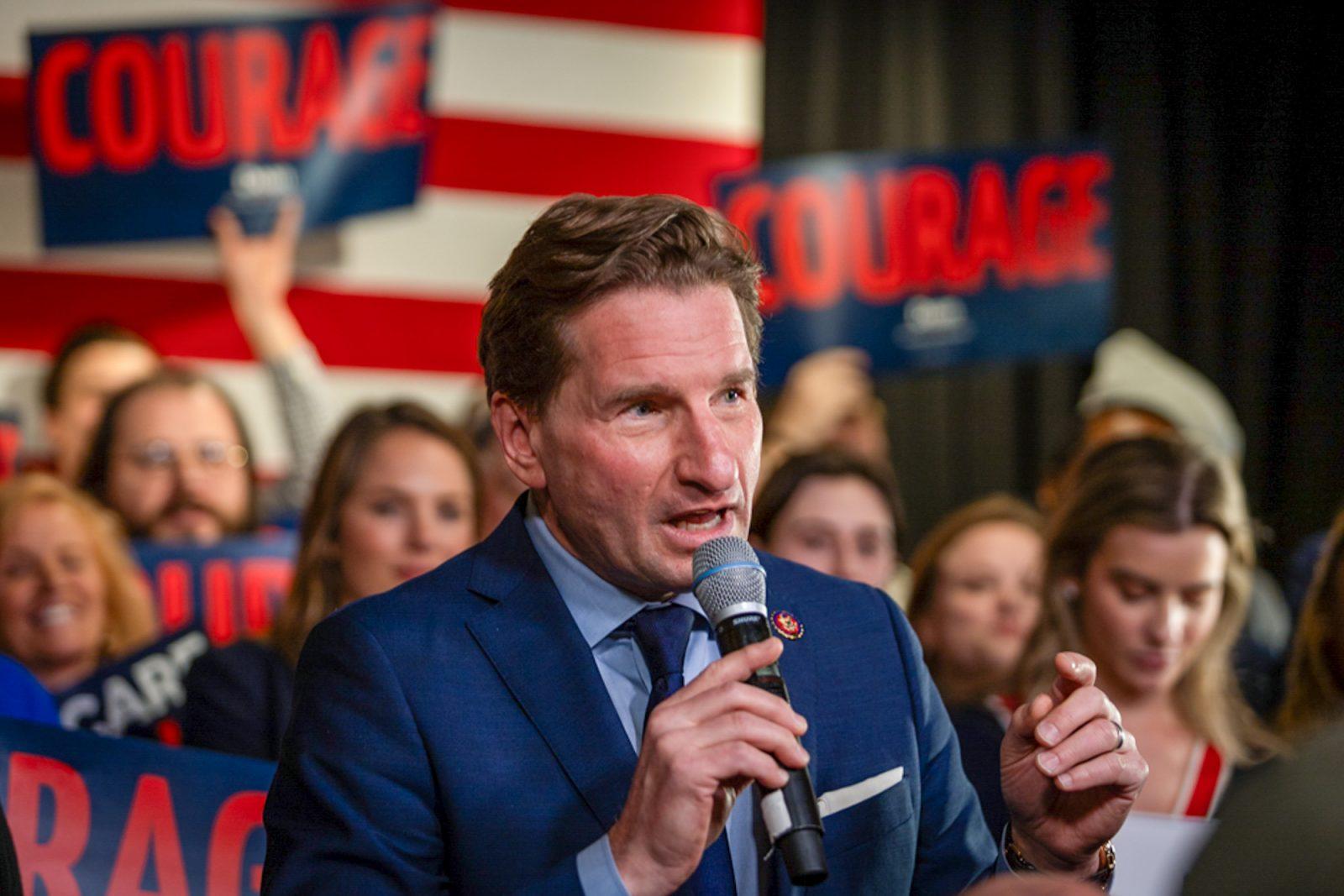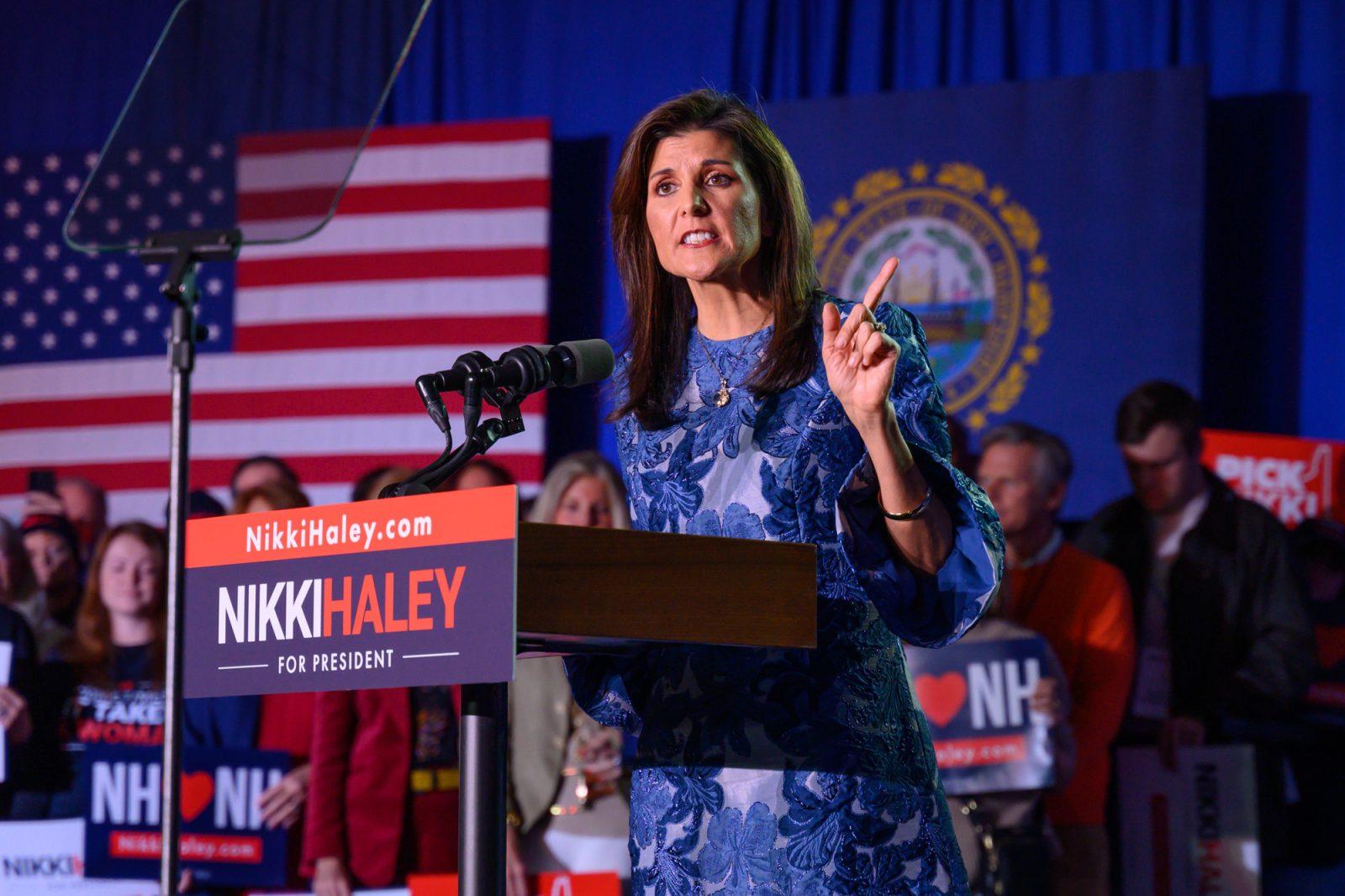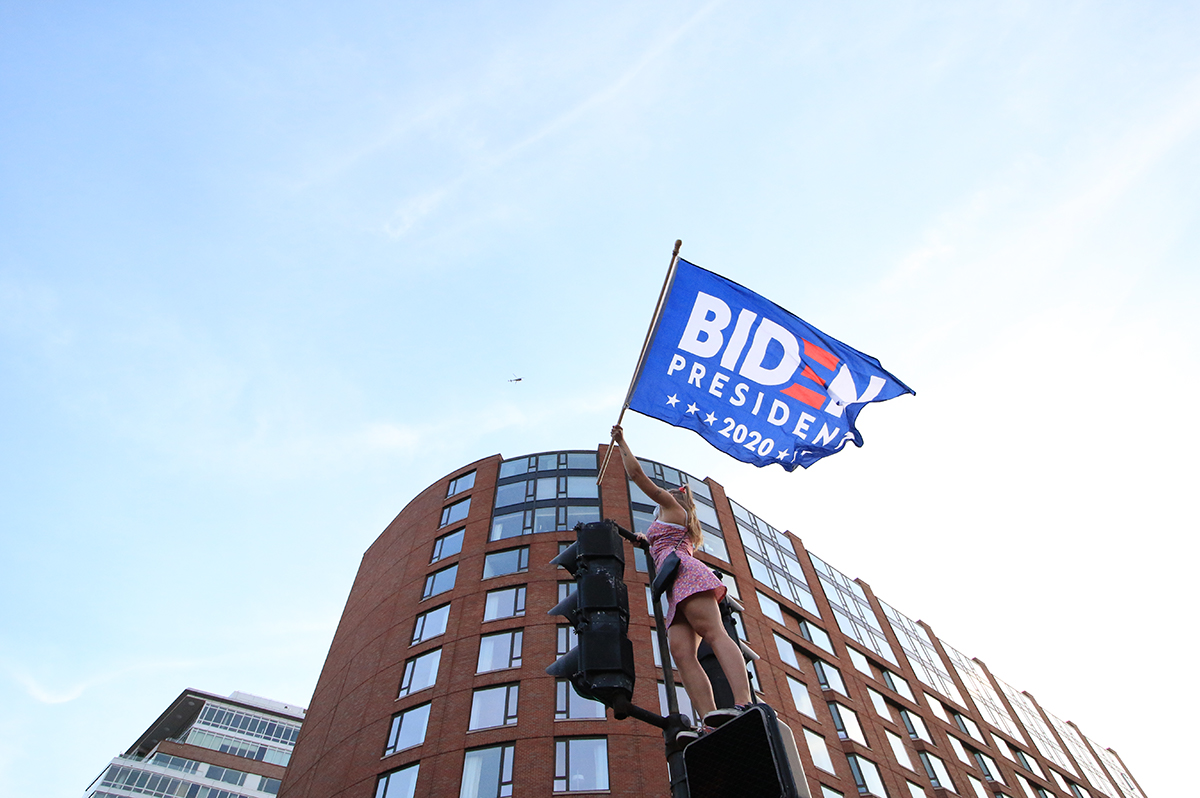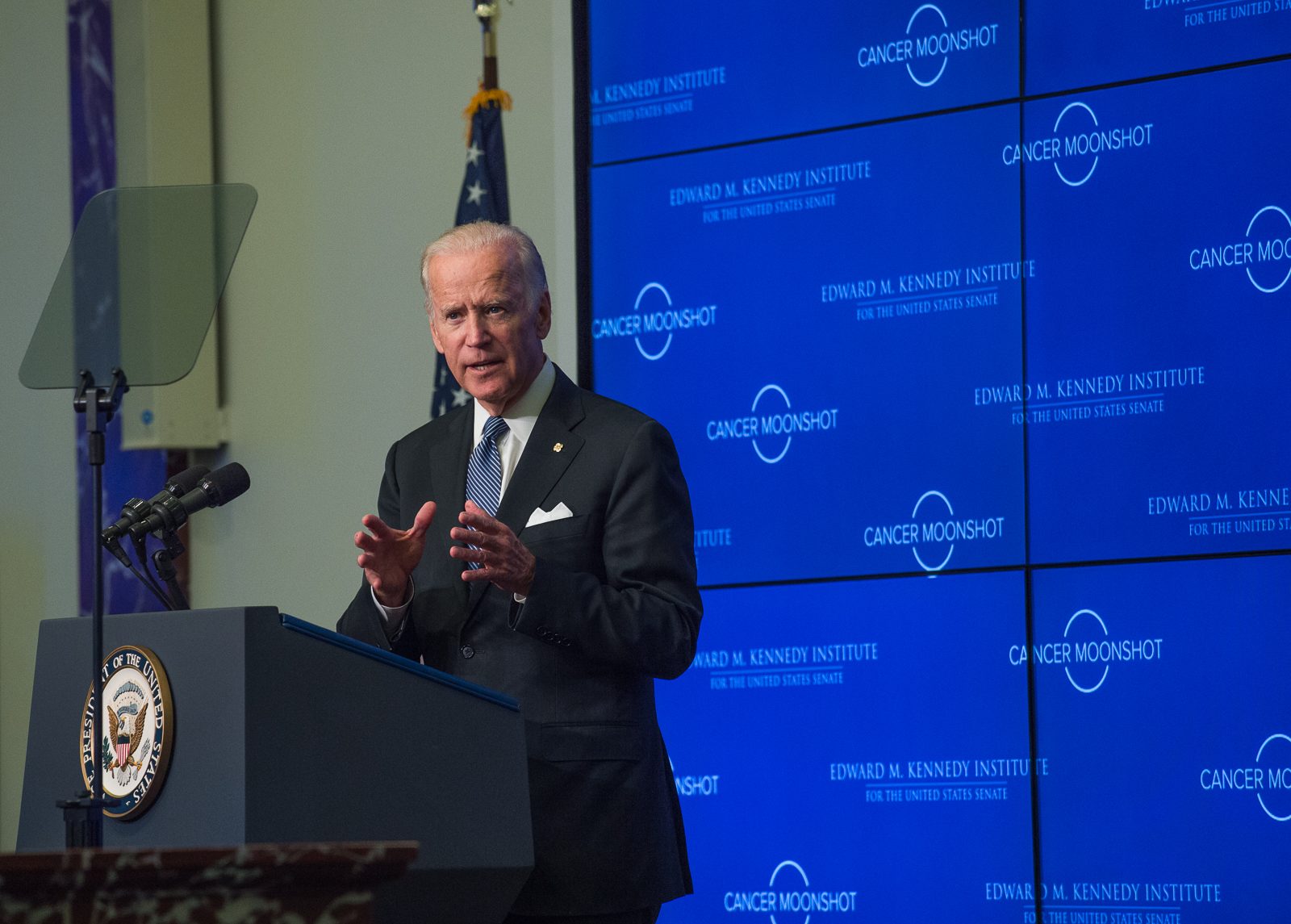The Massachusetts Water Infrastructure Finance Commission held a meeting requesting an estimated $21 billion gap in resources to pay for water infrastructure for the next 20 years.
On Wednesday at the State House, the commission considered a range of solutions, including new fees on pesticides, building permits and seeking an increase in state funding.
Chair of the WIFC Sen. James Eldridge, of Acton, said that the commission would not recommend an increased statewide water surcharge.
“We have decided that the decision [to increase surcharge] deserves further review, but the commission will not recommend it,” Eldridge said.
The purpose of the committee is to produce a list of recommendations that the legislature can then, if it decides to, write into law. The commission expects to release its final list of recommendations in December.
A massive drop in the amount of federal funds available for water infrastructure improvements has placed the majority of the burden on local municipalities, said Rep. Carolyn Dykema, of Milford.
“If you look at the comparison to the late ‘70s and ‘80s, the federal government was paying for 75 percent of capitol improvements. The state was paying for 10 percent and the locals were paying a very small amount of money,” Dykema said. “Now you’ve got the municipalities virtually . . . paying for it all.”
One source of money for local municipalities is the State Revolving Fund, which leverages against federal loans to generate more capitol, and then lends that money to local municipalities at a 2-percent interest.
This is a marked contrast to the earlier way water infrastructure projects were funded, Dykema said.
“In the 70s and early 80s you had grants from the federal government to the municipalities, flat out grants, not loans,” she said. “Now you’ve got loans to the municipalities that they have to pay back at a 2 percent interest, and you don’t have the same number of dollars.”
Eldridge said that primacy, giving the Massachusetts Department of Environmental Protection the right to interpret and implement federal environmental regulations, was one of the more important recommendations the commission will make.
“There is a great amount of concern that with the oversight of the EPA sometimes there is too much regulation and not enough responsiveness,” Eldridge said. “Primacy would mean that the state would be implementing the Clean Water and Clean Air Act.”
Eldridge, who said any legislative activity would not come until next year’s session, said he had not started working with the legislature to see which recommendations would be well received.




























































































































